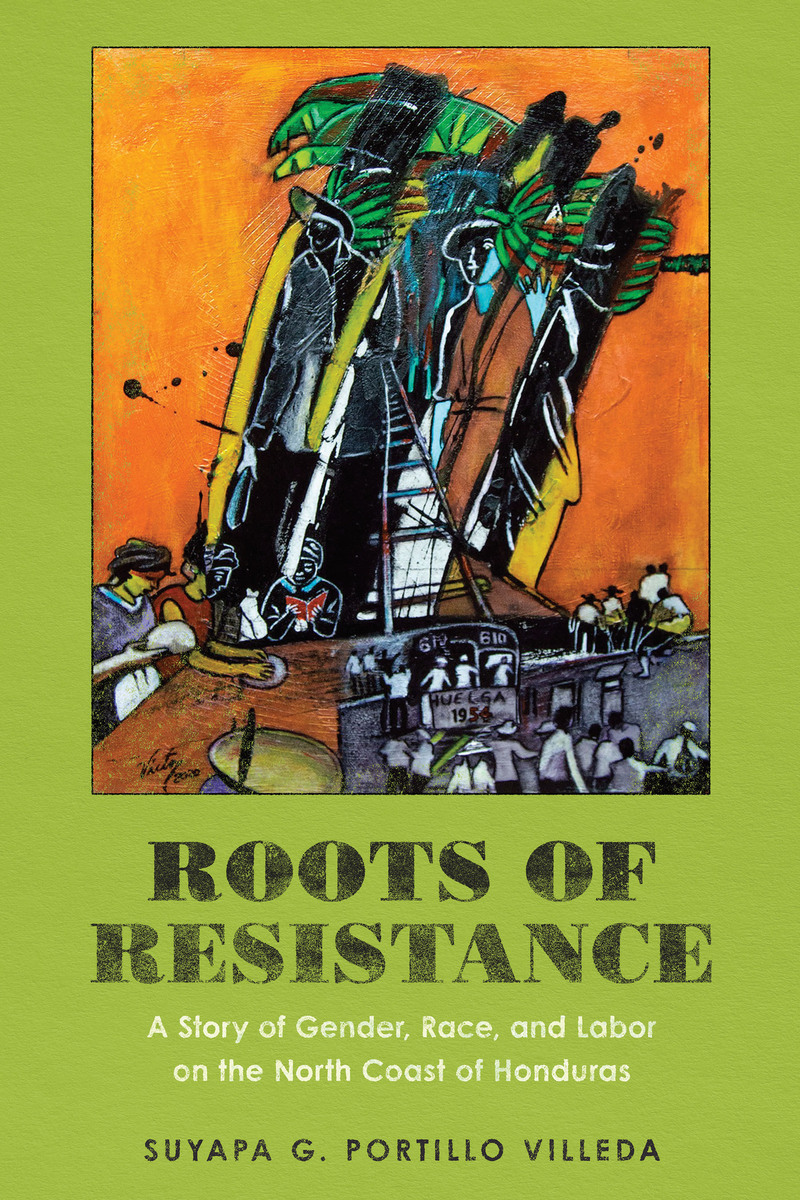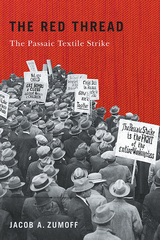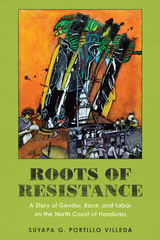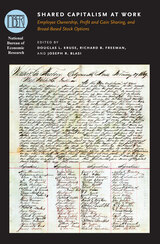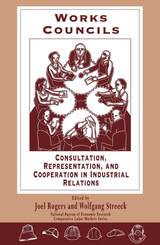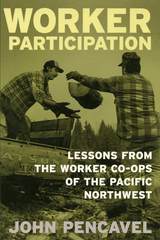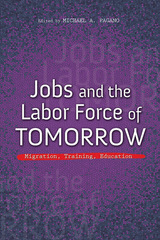Suyapa Portillo Villeda advances a bold argument about the relationship between the Honduran resistance to the destructive coup of 2009 and its roots in the deep Caribbean capitalist history of this so-called classic banana republic. She does so by scrutinizing the relationships between race, gender, and labor, understood with broad subaltern sensibilities before and after the great banana plantation strike of 1954. She has discovered new documentation, but its pioneering evidentiary base originates in her use of rich oral histories, especially from women, that enliven her analysis. In this regard, Roots of Resistance engages not only the older historiography of the United Fruit Company in Central America and the Caribbean but also with debates about social movements, their legacies, and memories across generations.
— Darío A. Euraque, Trinity College, author of Reinterpreting the Banana Republic: Region and State in Honduras, 1870-1972
Grounded in oral histories that revolve around the great strike of 1954 led by banana workers, Roots of Resistance offers a much-needed intersectional approach to histories of labor activism in Honduras by integrating race, class, and gender. Suyapa Portillo Villeda relates her stories with an underlying sense of urgency driven not only by her interest in documenting past struggles but by a desire to show their relevance for the future of Honduras and Hondurans.
— John Soluri, Carnegie Mellon University, author of Banana Cultures: Agriculture, Consumption, and Environmental Change in Honduras and the United States
This is an ambitious project with many strengths. First and foremost, Portillo succeeds in recovering the voices of women workers... Portillo’s work on domestic relations reveals rich ground for future studies on the interplay of labor and gender in banana zones...Portillo has succeeded in writing a bottom-up study of the 1954 strike that will be of interest to scholars interested in integrating women workers’ stories into broader labor histories.
— The Americas
Portillo Villeda’s history of the 1954 strike joins a vast literature on the role and legacy of the fruit companies that once regarded the countries of Central America as their fiefdoms. It is eminently readable, empathetic, and meticulously researched but also entirely original in its attention to the gendered and racialized dimensions of the strike. In sum, her book should become essential reading about the labor movement in Central America, proof that it is possible to say something truly new about an already well-trodden episode in the region’s arduous history.
— Hispanic American Historical Review
This book, more than any other recent publication about Honduran history, not only deeply contextualises the social and political development of Honduras after the 2009 coup, it simultaneously offers deep historical perspective for characterising the outcome of the recent November 2021 general elections...[Roots of Resistance] is clearly written, and very readable for a range of audiences...This is a major and unique contribution to modern Honduran and Central American historiography.
— Bulletin of Latin American Research
Roots of Resistance offers a deeply moving workers’ history of the 1954 [Great Banana Strike]...Roots of Resistance is a striking piece of scholarship. In addition to the book’s myriad insights, Portillo Villeda writes with a distinct humanity that professional historians frequently shy away from.
— A Contracorriente
The monumental struggles discussed in Roots of Resistance can serve as a lesson for workers and those who are committed to serving the people...teaching, researching, and writing in Central American Studies should not be limited to mere interpretation of the conditions of peoples’ existence. It should also spur revolutionary change. Modeling the need for a historical and materialist analysis and method, Portillo’s Roots of Resistance contributes to this political and intellectual project.
— NACLA
